By Vox Civis
Few political movements in Sri Lanka have mastered the art of the public rally quite like the JVP, now rebranded as the NPP. For decades, the party perfected a model of political spectacle that blended disciplined organisation, dramatic staging and fiery rhetoric into a potent formula for mass mobilisation. What unfolded on stage with red banners, coordinated chants, tightly crafted messaging, often overshadowed the fact that the party remained a fringe force for much of its existence.
Yet the rallies worked. They captured imaginations, shaped perceptions and convinced millions that the (National People’s Power) NPP alone possessed the moral courage and practical solutions to rescue the nation from what it successfully termed as ‘decades of misrule.’ By 2024, Sri Lanka handed the party one of the most emphatic mandates in its electoral history.
But rallies are easier to orchestrate from the opposition than from the seat of power. Once in government, the same choreography looks less like insurgent enthusiasm and more like insecurity. The first year and two months of NPP rule have underscored a reality the party may not have anticipated: governing a country is infinitely harder than stirring a crowd.
The NPP appears to have come to realise that its rapid rise in 2024 has been matched only by the speed of its decline since then. The party haemorrhaged more than two million votes at the local government election earlier this year having swept the board just months earlier.
Developments in the last few weeks have shown that the party has lost ground in the North and East as well, after the mishandled statue controversy. Even its usually grand “heroes’ commemoration” saw noticeably lower numbers than in previous years. With the writing on the wall, the party is now faced with the crucial question of what it must do to reverse the trend – something that most elected party’s have to grapple with towards the end of a term and not at the beginning as in this instance.
Telling response
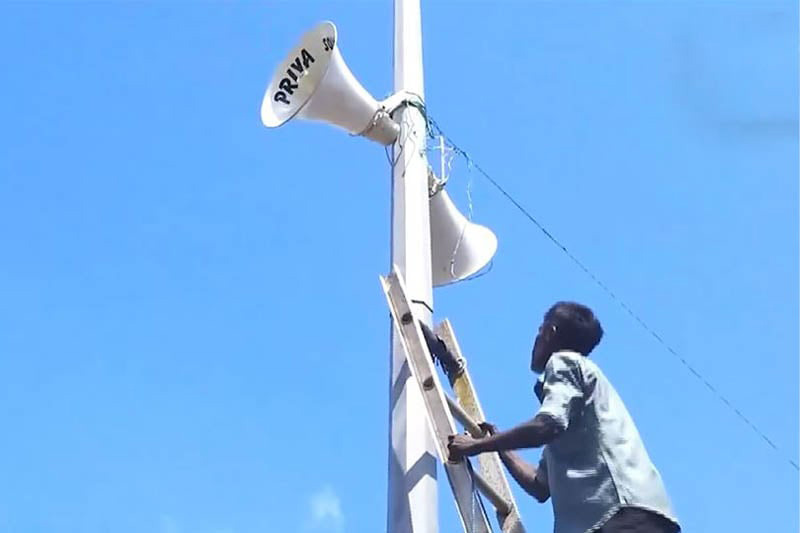
Against this backdrop, news of the major opposition rally held in Nugegoda last Friday seemed to have become an unexpected point of anxiety. During the build-up to the rally, the response from the government was telling. The NPP, with its legacy of having the ability to command the streets appeared to have felt threatened enough to hurriedly organise its own counter-rally in the deep South the day before the opposition one, a move that revealed more about its paranoia than its organisational muscle.
What followed was worse. Reports surfaced that police had dismantled the opposition rally’s sound system just hours before the event, under the pretext of protecting Advanced Level students from noise disturbance, though the rally was scheduled after exam hours. Curiously, no such concern had been raised during the NPP’s own noisy Tangalle event held near multiple schools the day before, during exam hours. Then came the extraordinary revelation that even the power supply had been cut to the rally site shortly before the opposition event began. State media, meanwhile, warned motorists to avoid Nugegoda citing traffic congestion – yet another thinly veiled attempt to curtail the turnout.
To add fuel to the spectacle, an opposition MP claimed in parliament that police stations in the South had been instructed to mobilise crowds for the hastily arranged NPP rally. Notwithstanding the merits of the allegation, the very fact that it is plausible speaks to how the government’s moral high ground has so dramatically eroded in such short a time as just over a year.
These antics make one thing clear: the NPP did not want anyone to outshine its legendary rally machinery on the one hand and on the other, for the opposition to get a foothold, however small it may be, at this juncture. But the deeper truth is far more disconcerting. Had the NPP delivered on even a fraction of its sweeping promises, no opposition rally – however flamboyant – would have drawn a significant crowd. Political suppression is usually the first reaction of a government that knows it has disappointed its own base. The massive crowd that ultimately attended the Nugegoda rally despite the regime’s tactics and braving a massive storm as well, only goes to prove the growing disillusionment the regime will have to somehow contend with.
End of the fairytales
What is now becoming evident to many Sri Lankans is that the fiery speeches and “common sense” solutions the NPP offered for every national problem were not really blueprints for governance but mere fairy tales crafted for electoral effect. For all intents and purposes, the fiery rhetoric has gone silent. There is no longer talk of unbearable living costs, even though inflation is on the rise again. No more promises of reducing electricity tariffs, fuel prices or gas prices. No talk of abolishing the executive presidency. No commitment to renegotiate the IMF agreement to shield vulnerable groups. No talk of removal of VAT on essential items and no bold plans to expand exports or strengthen welfare systems. To most, the government elected to transform the political landscape appears to be operating on autopilot, seemingly content to come up with diversionary political dramas on a daily basis.
The supreme irony is that the NPP kept telling the nation that 76 years of corruption, nepotism and incompetence under leaders from the Bandaranaikes to the Rajapaksas on one side, and from Jayewardene to Wickremesinghe on the other, had destroyed Sri Lanka. It convinced voters that those figures symbolised everything rotten in the system, and that only the NPP represented a genuine departure from the past. Yet many now feel that the new leadership is behaving strikingly like the old; preoccupied with consolidating political advantage, quick to accuse opponents, and slow to accept responsibility.
For those who forgave the JVP’s past and gave it fresh legitimacy in 1994, and again in 2024, there is a palpable sense of growing discomfort. The movement still seems trapped in the psychology of opposition politics, thriving on propaganda, confrontation and spectacle while struggling with the mundane but essential responsibilities of governance. Voters who extended that forgiveness twice may not be willing to do so a third time. With four years remaining, the NPP still has an opportunity to recalibrate, but it is becoming obvious – as seen from the Nugegoda rally – that public patience is thinning rapidly.

What is perhaps most striking to long-time observers is how quickly this government has been forced onto the defensive. No administration in recent decades has faced such disillusionment in its first year. The groups that propelled the NPP to power – teachers, doctors, farmers, public servants and the like – have begun to openly express their frustration by resorting to protests and union action. They say they were promised renewal but have instead been handed performance art. And as history has shown, once credibility erodes, governance becomes a challenge.
Risk of stagnation
International assessments seem to echo these concerns. Fitch Ratings, in its analysis of the 2026 Budget, warned that the government’s continued failure to execute capital expenditure threatens long-term growth. Although the government has pledged fiscal discipline and debt reduction, public investment projected at 4% of GDP, reached only 3.2%. Meanwhile the 2026 budget deficit has widened to 5.1% of GDP. These patterns indicate structural weaknesses, not teething problems, according to Fitch. Without stronger revenue performance and more disciplined spending, Sri Lanka risks stagnation, it notes.
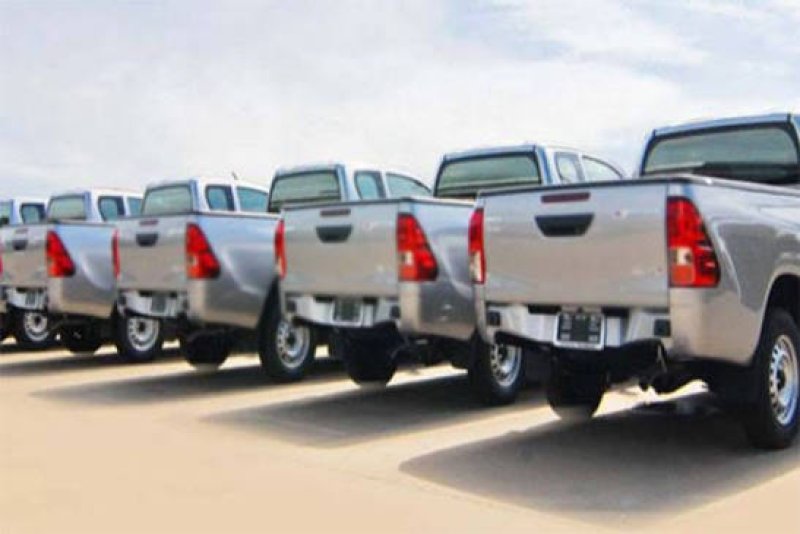
Domestic economic policymaking reveals similar contradictions. Vehicle taxes were restructured to appear fairer, yet double cabs – seen as the vehicle of choice of the current regime – received unusually lenient treatment. Despite the talk of cost cutting, the new budget has allocated an astronomical amount for purchasing new 1775 new vehicles. A 2.5% Social Security Contribution Levy on vehicles, an expanded VAT base, and a planned property tax for 2027 will likely further strain households already struggling under rising costs. Many citizens believe the burden of recovery is falling disproportionately on those least able to absorb it.

There is also the growing allegation that the regime’s economic agenda has been effectively hijacked by the financial elite including the external creditor community resulting in a heavily skewed economic policy that appears to be unmistakably tilted towards the big fish and large conglomerates.
Then there are the deeper concerns that include allegations of public funds being diverted to party networks, confusion surrounding high-profile narcotics cases, and claims (unproven but widely discussed) of underworld financing during the election period. The controversy over a container initially reported to contain illegal drugs and later declared clean has damaged trust further. The absence of transparent investigations in to drug busts has fuelled speculation of the regime protecting those loyal to it. Even more worrying to commentators is the perception that criminal networks may be influencing political actors; a fear heightened by the government’s reluctance to pursue certain cases aggressively.
Rising debt
All this unfolds against the backdrop of rising national debt. Despite harsh tax increases, cost-reflective pricing for utilities, and IMF-mandated reforms, government debt reportedly grew by as much as one trillion rupees in the first half of 2025 alone – roughly Rs. 5.6 billion per day. Such a trajectory is not only unsustainable but also undermines the economic recovery the government claims to champion.
In sum, critics argue that the NPP has committed serious missteps: distorting narratives to secure power, failing to hold offenders accountable, shielding political allies, undermining law enforcement and due process, suppressing dissent, and dabbling in policies perceived as threatening the country’s unitary character. Together, these behaviours have inflicted political, economic, social and cultural harm. The opposition has been quick to pounce on the opportunity and take the fight to the government as evidenced from Friday’s Nugegoda rally.
Governments cannot govern by rhetoric. Legitimacy in a democratic society rests on transparency, responsibility, equitable policy and unwavering adherence to the rule of law. Sri Lankans – whether professionals, workers, students or members of the diaspora – expect leadership that places the nation’s welfare above party advantage. If the NPP government hopes to regain credibility, it must recognise the depth of public frustration and pivot towards genuine reform rather than political theatre.
The story of the NPP is unravelling slowly but surely. Therefore, unless it confronts its failures honestly and recalibrates its priorities, the final chapters may be written not by its supporters but by the disillusioned voters who one year ago believed a better future had arrived. If the regime is allergic to opposition dominance, all it has to do to steal the spotlight as it did last year, is to deliver what it promised.

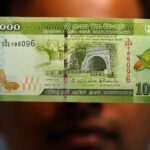
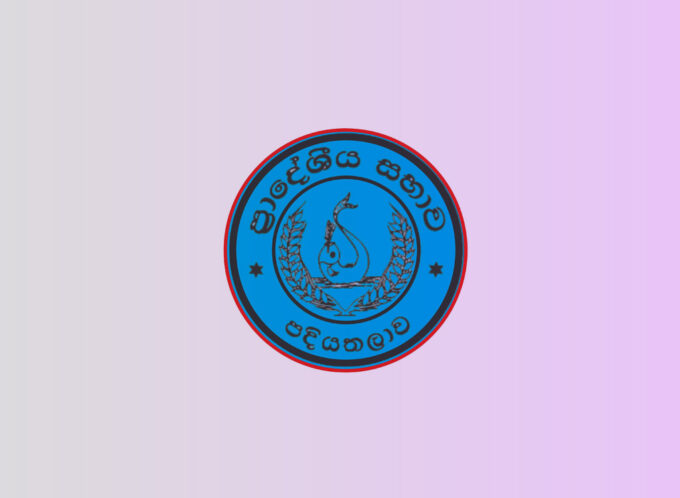
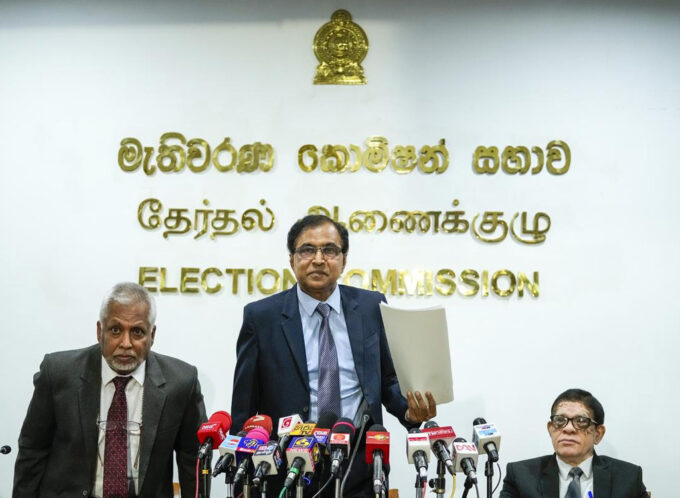

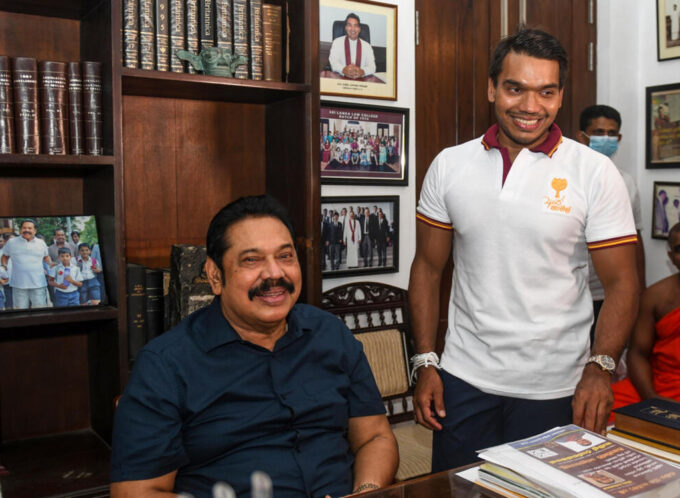

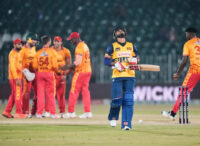

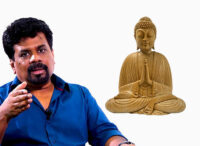
Leave a comment